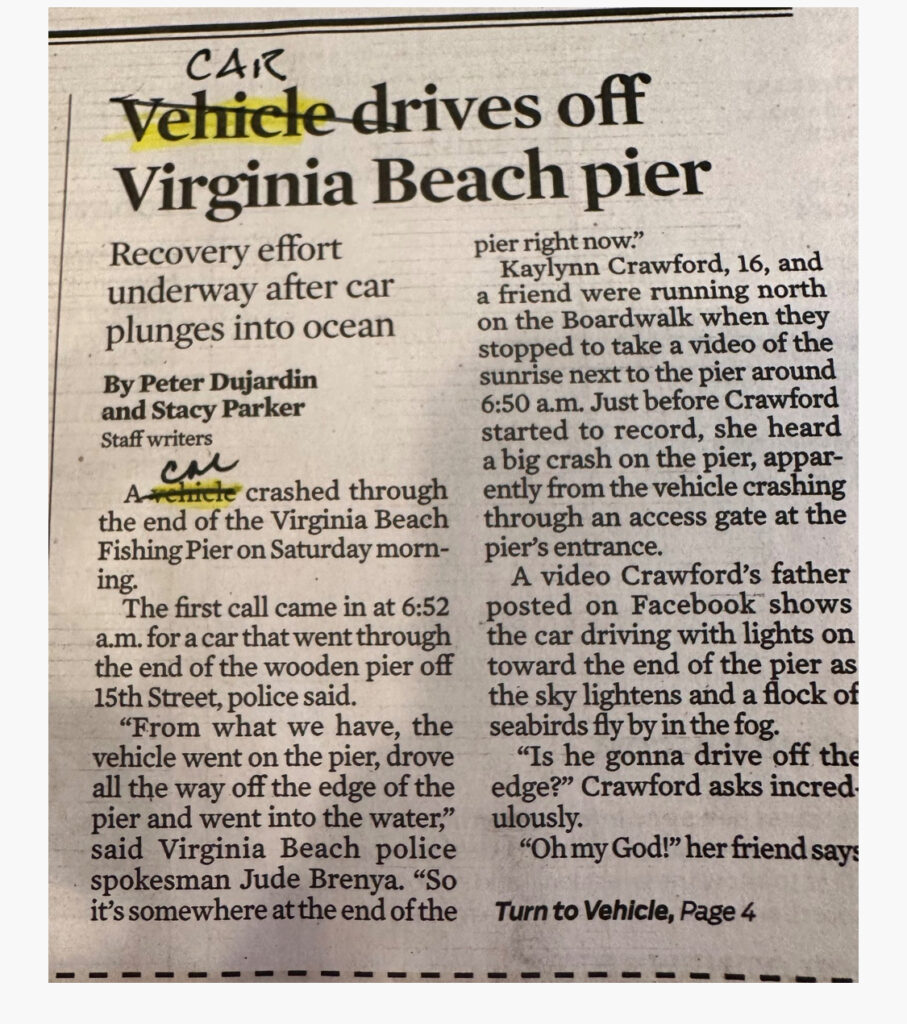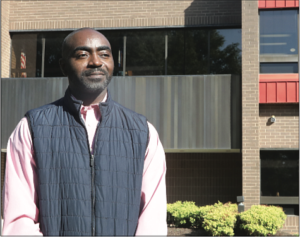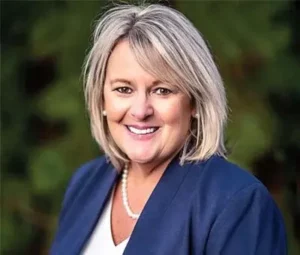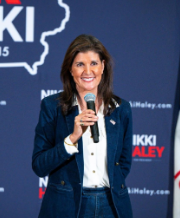 by Dick Hall-Sizemore
by Dick Hall-Sizemore
We have created a monster. The genie is out of the bottle. Whatever metaphor you want to use, there is no going back and the way forward poses great dangers. The monster or genie is AI.
The media are full of the promising possibilities of AI improving our lives—great leaps in medicine, science, technology, manufacturing, etc. There is less discussion of the effects of having leaders in business and government, as well as the bureaucrats in those spheres, who are incapable of composing a coherent paragraph on their own due to their reliance on ChatGPT through high school and college.
What really concerns me is the potential of AI for politics; elections in particular. Candidates, or, more likely, sympathetic groups, could release recordings having opposing candidates seeming to say what they did not say. For example, residents of New Hampshire recently received a robocall with what sounded like the voice of Joe Biden urging them to skip the primary election there.
For the upcoming election, think of the effect of a video surfacing that showed Trump doing what the Steele dossier alleged he did in Russia. There is no doubt this is possible. After all, last fall, a group of teenage boys in New Jersey, being teenage boys, circulated pictures of girls in their classes with nude bodies (not theirs). Experts say that all it takes is an iPhone and easily accessible AI software.
I have been mulling all this over for a while. It turns out that I was not thinking broadly enough. In addition to being a possible weapon, the existence of AI provides politicians “plausible deniability,” as one expert explained. FOX News recently ran an ad comprised of well-documented gaffes of Trump. He responded, “The perverts and losers at the failed and once disbanded Lincoln Project, and others, are using A.I. (Artificial Intelligence) in their Fake television commercials in order to make me look as bad and pathetic as Crooked Joe Biden, not an easy thing to do.”
I should not have been surprised at this response. After all, this is a man who insists, in the face of mountains of evidence to the contrary, that the 2020 election was stolen. And millions of people accept his version. I expect that, at some point in the upcoming year, Trump or some group allied with him, will be claiming that all the footage showing the January 6 attack on the Capitol was AI-generated.
It used to be said, “Seeing is believing.” That is no longer true. We are entering a world in which we will not know what to believe. We will not know whether to believe that what we see, pictures, video, film, etc., is real or AI-generated. Truth will become elusive. Or, perhaps truth and reality will cease to exist as objective concepts and become whatever one defines it to be at that moment.


 by Joe Fitzgerald
by Joe Fitzgerald by Joe Fitzgerald
by Joe Fitzgerald by Dick Hall-Sizemore
by Dick Hall-Sizemore by Kerry Dougherty
by Kerry Dougherty 




 by Dick Hall-Sizemore
by Dick Hall-Sizemore
 by Dick Hall-Sizemore
by Dick Hall-Sizemore

